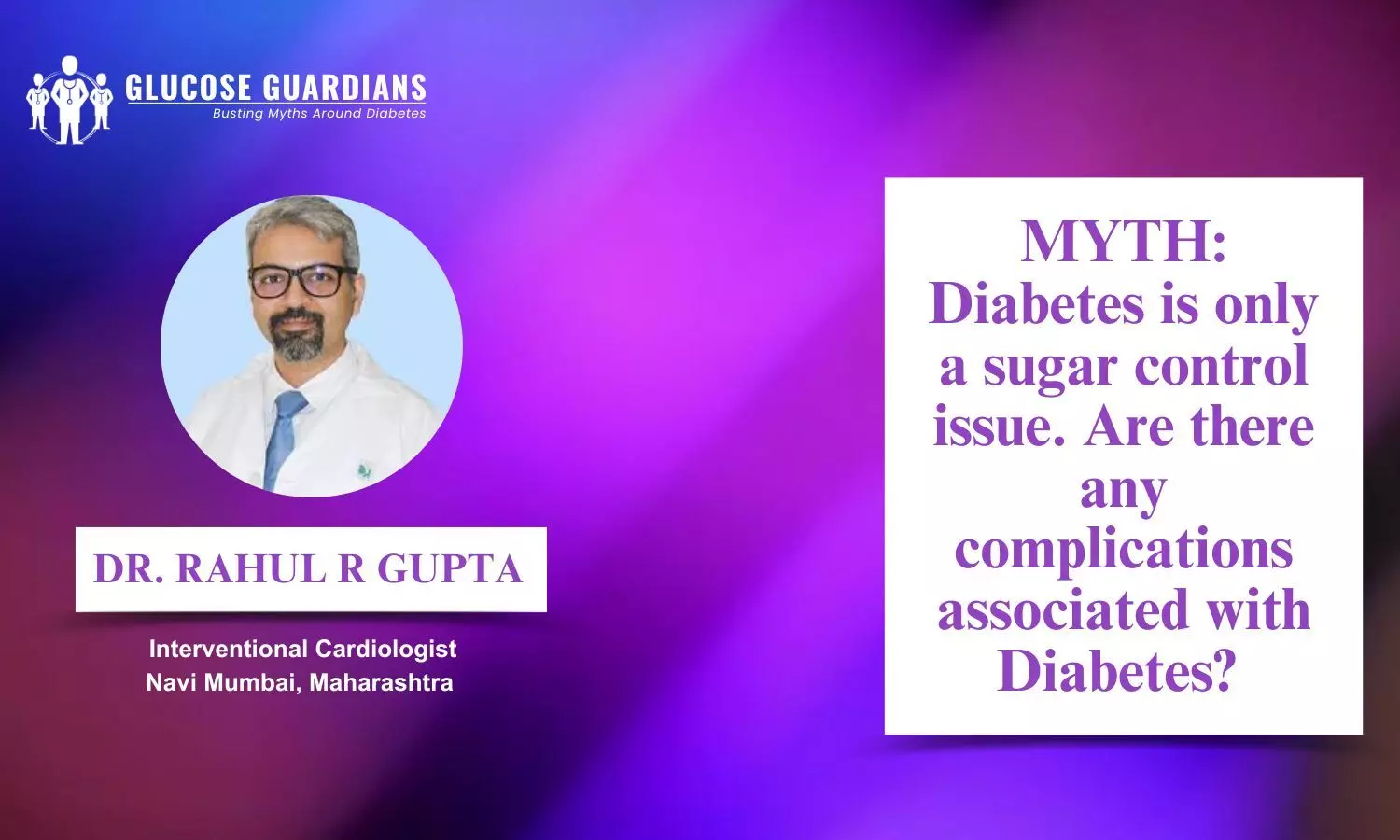- Home
- Medical news & Guidelines
- Anesthesiology
- Cardiology and CTVS
- Critical Care
- Dentistry
- Dermatology
- Diabetes and Endocrinology
- ENT
- Gastroenterology
- Medicine
- Nephrology
- Neurology
- Obstretics-Gynaecology
- Oncology
- Ophthalmology
- Orthopaedics
- Pediatrics-Neonatology
- Psychiatry
- Pulmonology
- Radiology
- Surgery
- Urology
- Laboratory Medicine
- Diet
- Nursing
- Paramedical
- Physiotherapy
- Health news
- AYUSH
- State News
- Andaman and Nicobar Islands
- Andhra Pradesh
- Arunachal Pradesh
- Assam
- Bihar
- Chandigarh
- Chattisgarh
- Dadra and Nagar Haveli
- Daman and Diu
- Delhi
- Goa
- Gujarat
- Haryana
- Himachal Pradesh
- Jammu & Kashmir
- Jharkhand
- Karnataka
- Kerala
- Ladakh
- Lakshadweep
- Madhya Pradesh
- Maharashtra
- Manipur
- Meghalaya
- Mizoram
- Nagaland
- Odisha
- Puducherry
- Punjab
- Rajasthan
- Sikkim
- Tamil Nadu
- Telangana
- Tripura
- Uttar Pradesh
- Uttrakhand
- West Bengal
- Medical Education
- Industry
Debunking some myths related to diabetes, sugar control and its complications - Dr Rahul R Gupta
Overview
The HbA1c test in diabetes measures average blood sugar levels over several months, offering insight into long-term glucose control. It's a pivotal tool in assessing diabetes management effectiveness, aiding healthcare providers in tailoring treatment plans and minimizing complications. Contrary to a common myth, diabetes isn't solely about controlling sugar; it's associated with various complications.
Diabetes can lead to severe health issues beyond sugar control, including heart disease, nerve damage, kidney problems, eye damage, and circulation impairments. Uncontrolled blood sugar levels can damage blood vessels and nerves, resulting in heart conditions, neuropathy, kidney disease (nephropathy), retinopathy affecting vision, and circulation problems leading to amputations.
Managing diabetes involves more than sugar control; it requires a comprehensive approach encompassing blood pressure, cholesterol, weight management, and healthy lifestyle choices. Regular medical check-ups, adherence to medication, proper diet, exercise, and monitoring blood sugar levels are crucial in preventing complications and ensuring overall well-being for individuals with diabetes.
In this video, Dr Rahul R Gupta, Interventional Cardiologist from Apollo Hospital, Navi Mumbai, Maharashtra, aims to educate viewers about the significance of the HbA1c test in diabetes management while addressing the misconception that diabetes solely concerns sugar control.





